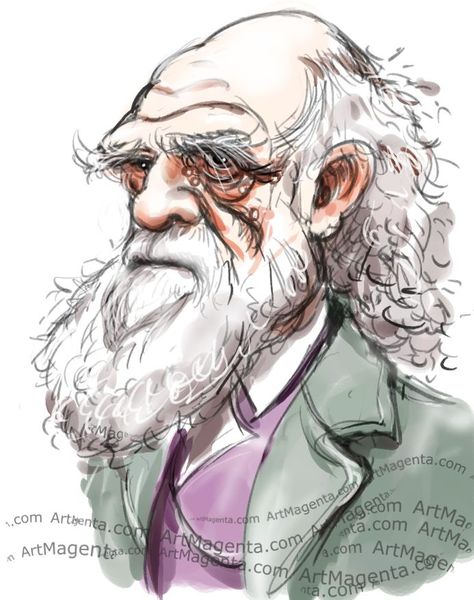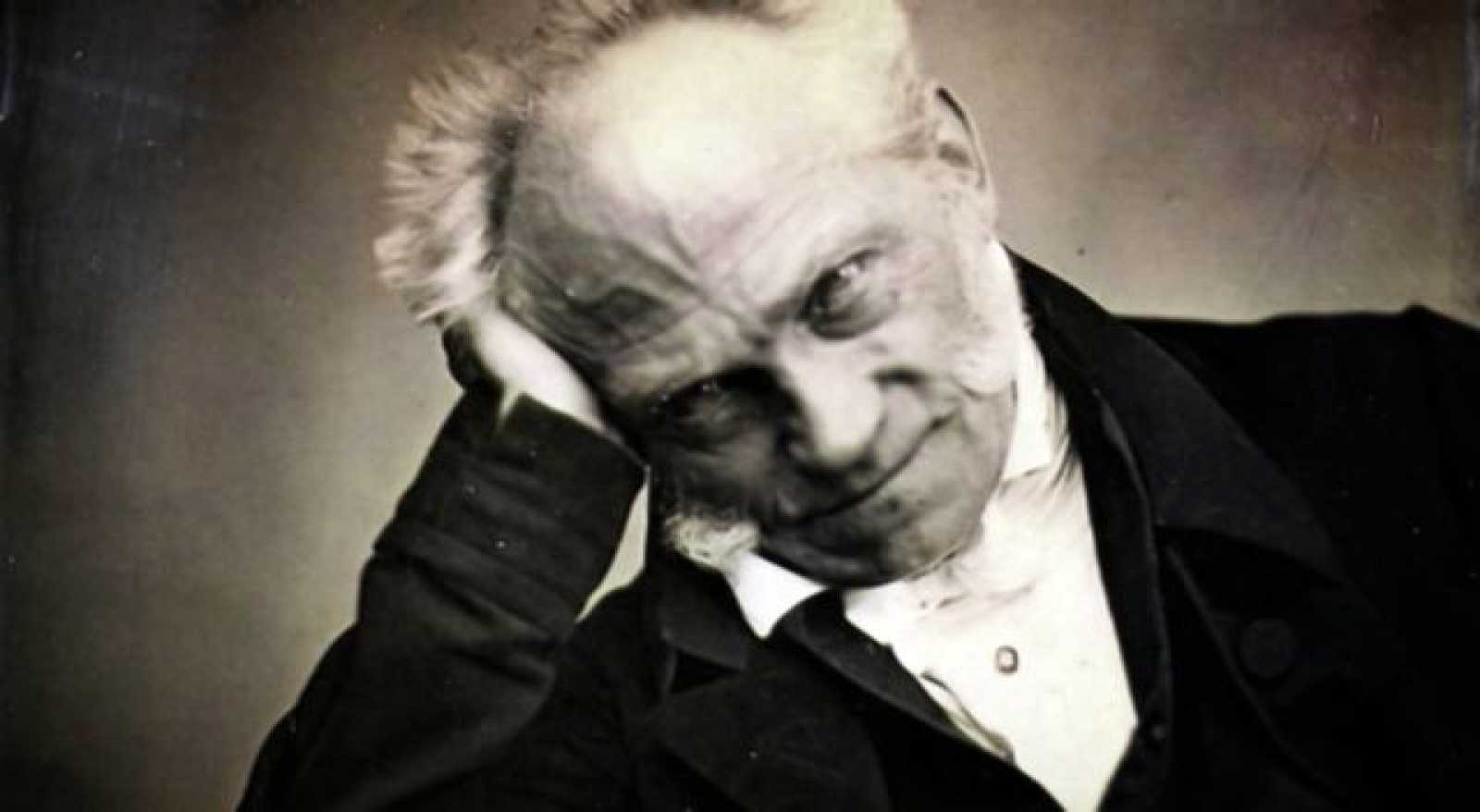Should peer review stop being anonymous? Inspired by Arthur Schopenhauer’s "On authorship and style", I now sign my reviews. Below are some excerpts on anonymity in literary journals from this memorable essay.
Above all, that shield of literary knavery, anonymity, would therefore have to be discarded. It was introduced into literary journals on the plea of protecting the honest reviewer, the monitor of the public, from the pique and animosity of the author and his promoters. But for one such case there will be a hundred where it merely serves to absolve from all responsibility the man who cannot back up what he says, or even to hide the shame of the person who, for a financial consideration from the publisher, is mercenary and mean enough to recommend to the public an inferior book. It often serves also to conceal the obscurity, insignificance, and incompetence of the critic. It is incredible to see the audacity of the fellows and the sharp practices at which they do not shrink when they know they are safe under the cover of anonymity. Just as there are universal medicines, so is the following a universal anti-critique against all anonymous reviewers, it matters not whether they have praised the bad or censured the good. Your name, you scoundrel! For to mask and disguise yourself and to attack those who go about undisguised is not the act of an honourable man, but of knaves and rascals. Therefore your name, you scoundrel! probatum est.
It should at least be conditioned by a prohibition of every kind of anonymity and pseudonymity, so that everyone might be held responsible, at least with his honour if he still has any, for what he publicly proclaims through the far-reaching trumpet of the press, and also that, if he is without honour, his words might be neutralized by his name. It is obviously dishonourable to attack anonymously those who have not so written. An anonymous reviewer is a fellow who will not stand by what he tells to, or conceals from, the world concerning other people and their work and who, therefore, withholds his name. And is anything like this tolerated? No lie is so shameless that an anonymous reviewer will not venture to use it; indeed he is not responsible. All anonymous reviewing aims at falsehood and imposture. Therefore just as the police do not allow us to walk about the streets in masks, so should they not tolerate anonymous writing. Anonymous literary journals are the very place where ignorance with impunity sits in judgement on scholarship, and stupidity on intelligence, and where the public is deceived and through the praise of inferior work is cheated of its time and money, again with impunity. For is not anonymity the stronghold of all literary, and especially publicist, rascality? It must, therefore, be pulled down to the very ground, in other words, so that every article in a journal shall always be accompanied by the name of the author and the editor shall accept the heavy responsibility for the correctness of the signature. Since even the most insignificant man is known in the place where he lives, two-thirds of the lies in journals would thus disappear and the audacity of many a venomous tongue would be kept within bounds.
But as long as that prohibition does not exist, all honest authors should unite in proscribing anonymity by publicly branding it with the mark of their utmost contempt, daily and hourly expressed. They should make it known in every possibleway that anonymous reviewing is contemptible and dishonourable. Whoever writes and carries on a controversy anonymously, is eo ipso presumed to be trying to deceive the public or to injure the reputation of others without risk to himself. And so whenever we speak of an anonymous reviewer, even when we do this quite incidentally and do not otherwise find fault with him, we should use only such expressions as: ‘the cowardly, anonymous rogue at such and such a place’, or ‘in that periodical the masked, anonymous scoundrel’, and so on. This is really the right and proper tone in which to speak of such fellows in order to put them out of conceit with their business. For obviously everyone can claim some personal consideration only in so far as he enables us to see who he is, so that we know with whom we are dealing, but not the man who slinks around disguised in a mask, and who is then pert and saucy. On the contrary, such a man is ipso facto proscribed and outlawed. [...] We should, therefore, at once call every anonymous reviewer a knave and a cur, especially in anti-critiques, and not talk of the honoured and respected reviewer, as do some of the pack of defiled authors through cowardice. ‘A cur who withholds his name!’ must be the cry of all honourable authors. And now if anyone distinguishes himself by removing the mist-cap from such a fellow who has run the gauntlet, and by seizing his ear and dragging him forward, then the night-owls will be delighted to see such sport. When a slander comes to our ears, the first outburst of indignation is usually the question ‘Who said that?’ But anonymity returns no answer.
Arthur Schopenhauer. Parerga and Paralipomena (volume 2). Oxford University Press. 1974 (translated from the German Parerga und Paralipomena (1851) by E. F. J. Payne). (https://archive.org/details/23341891SchopenhauerParergaAndParalipomenaV2/page/n517/mode/2up).

